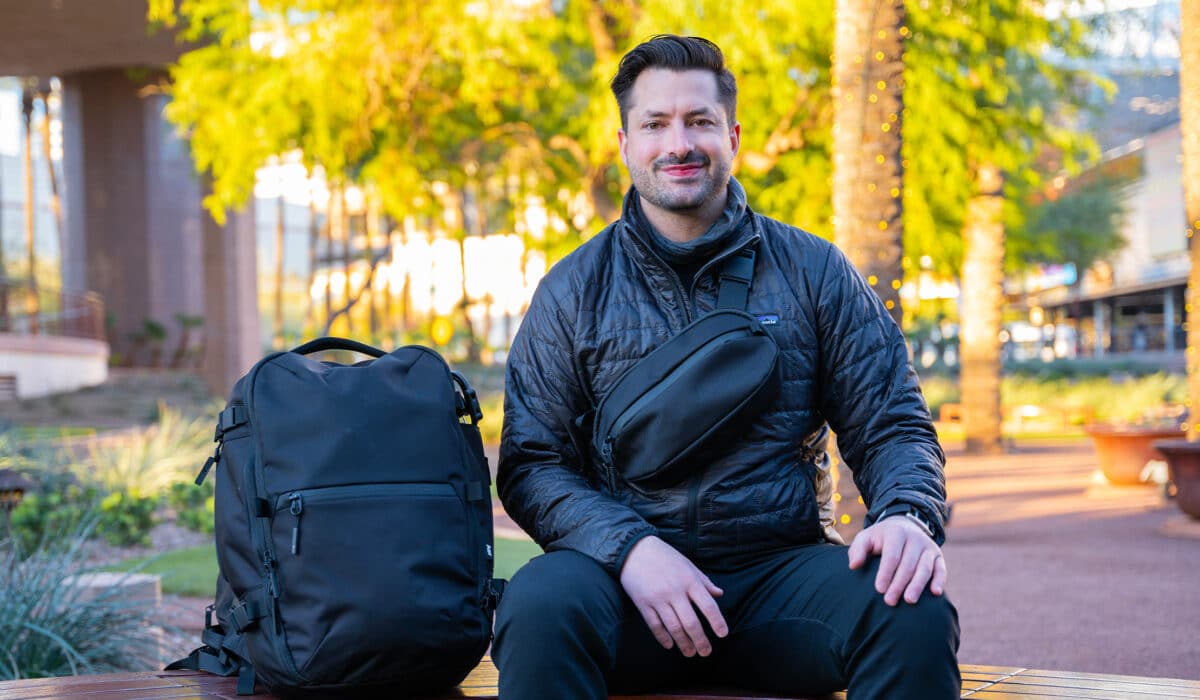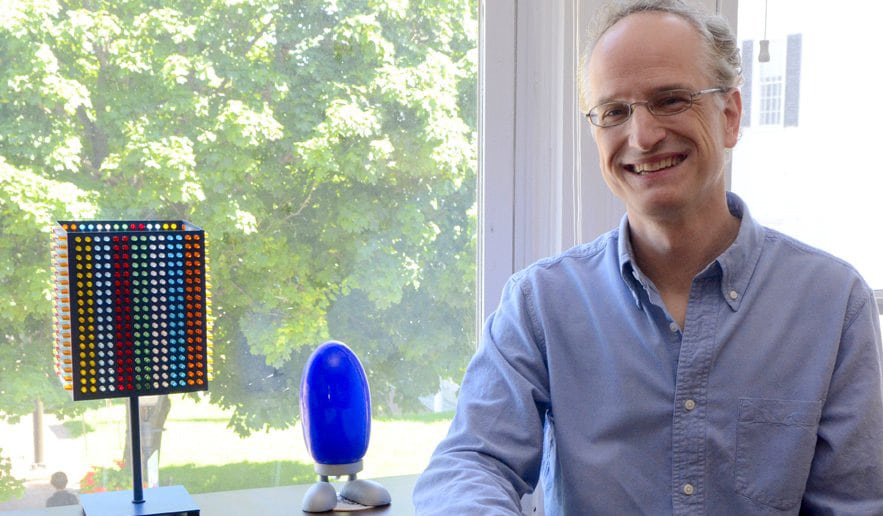Picture this: It’s 2009, you have friends visiting for the weekend. You want to figure out a great brunch hotspot to take them, but how?
To address this need, Cori Sue Morris launched Bitches Who Brunch, a lifestyle website guiding young professionals on where to brunch and what to do in its hubs of New York, Chicago and Washington, D.C.
Morris and her co-founder, Rebecca Loveridge, met in 2008 at their jobs at CurtCo Media, where Morris was an editorial assistant and Loveridge was marketing manager. Upon deciding to launch Bitches Who Brunch, the pair made it their mission to invest in high-quality editorial, applying their journalism backgrounds and love of storytelling.
“We focused on community: engaging with our readers, developing products and tools they would love like our brunch finder tool, partnering with brands they would love, and hosting events for honest connections,” Morris said. “It sounds simple, but it takes a long time and it’s easy to mess up.”
The omnichannel media platform grew a loyal audience that led to over 1M monthly website hits and over 45k followers on Instagram.
As an early mover of what Morris calls the “the Web 2.0 evolution of media and influencers,” the co-founders learned everything by trial and error, as resources available to bloggers and small business owners today didn’t yet exist.
“Whether it was starting an LLC, setting up analytics and advertising, determining advertising packages or getting business insurance, we figured it out ourselves,” Morris said.
The company grew to a team of 15 part-time employees, plus the two co-founders.
Getting acquired by an existing advertiser: Volo Sports
After 9 years of running Bitches Who Brunch, Morris and Loveridge decided to sell.
“We did soft sells and announcements through our network,” Morris said. “One of our advertising partners at the time, Volo Sports, replied back about a sale. It continued from there to conversations, pitch decks, reviews of our assets, an evaluation from an outside legal firm, and then paperwork being signed.”
Volo Sports, which provides events and social sports leagues in 11 cities, acquired Bitches Who Brunch in March 2019 for a 6-figure sum that totaled 7x the platform’s annual revenue at the time of sale, Morris said.
After the acquisition, Morris stayed on as a consultant for a few months, helping set up the editorial and events business and integrate with the broader Volo organization.
Volo Sports expanded Bitches Who Brunch to Boston, and threw a few events in key cities including DC, Chicago and Boston. Shortly after, COVID happened, decimating the restaurant and events industries – Morris believes her former business is now shut down as a consequence. Volo Sports couldn’t be reached for comment.
Morris said she gained valuable knowledge during the selling process.
“The process of going through and evaluating the value of 9 years of work was confronting,” she said. “And it helped me learn so much about how to structure entities, where to focus my energy, and how to ruthlessly prioritize the business metrics that matter – such as revenue, growth and customer loyalty.”
Morris said it was hard to say goodbye to her team and the routine of weekend brunch, photo editing, writing and events. She also had to give up her identity as “the brunch girl” that she had cultivated for almost a decade.
Another lesson she learned: For any founders considering a sale, Morris suggests first thinking about the problem you’re trying to solve and your unique ability to solve it.
“Focus relentlessly on product market fit,” she said. “Then, pick an industry where you can differentiate yourself and where you can scale quickly. I like to pick emerging, up-and-coming spaces where I can build, learn, grow and scale.”
After the acquisition, Morris started a marketing agency called Citrus Media that supports early-stage women-led brands with marketing, branding and growth services, later exiting in 2019. She’s also led marketing at seed-stage startups Havenly, Usual Wines and Curex.
Morris is currently working on her new business called Retreat, which offers a program to improve mental health through psychedelic microdosing.
Loveridge is currently EVP, managing director, financial and professional services at global communications consultancy Ketchum.


